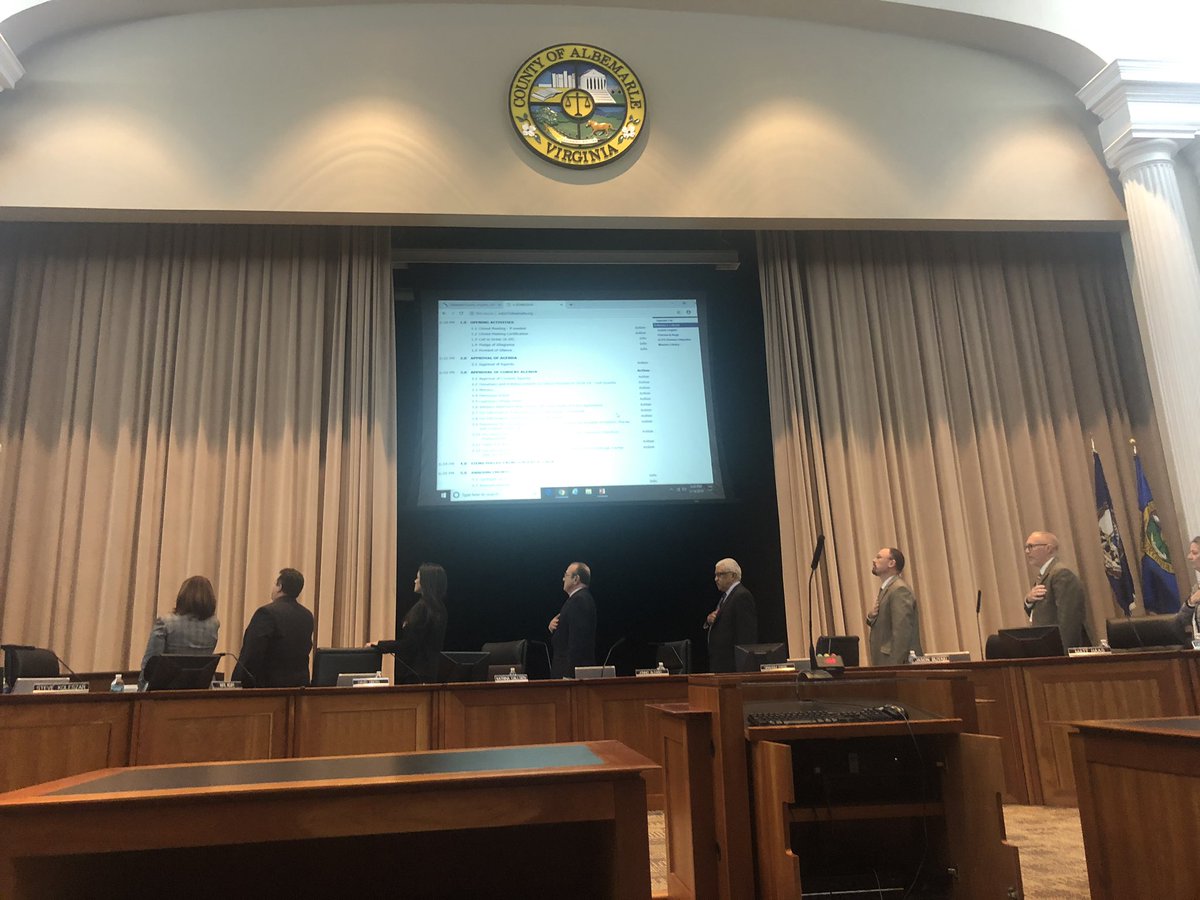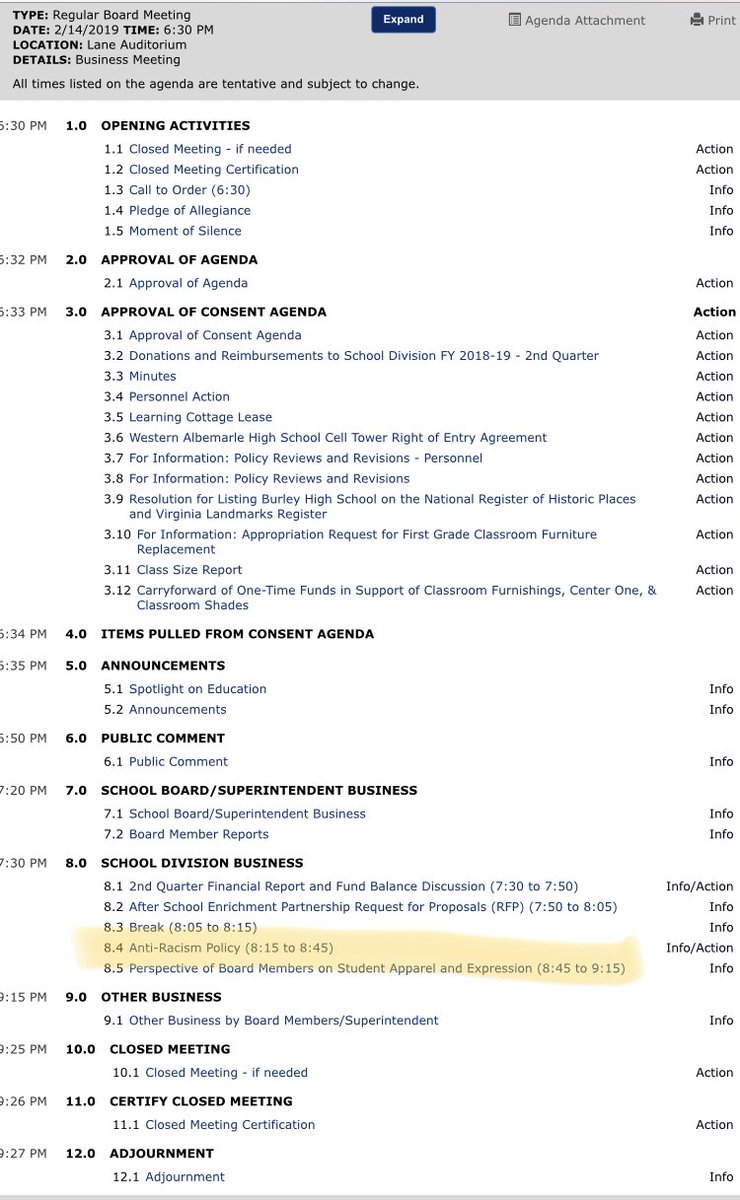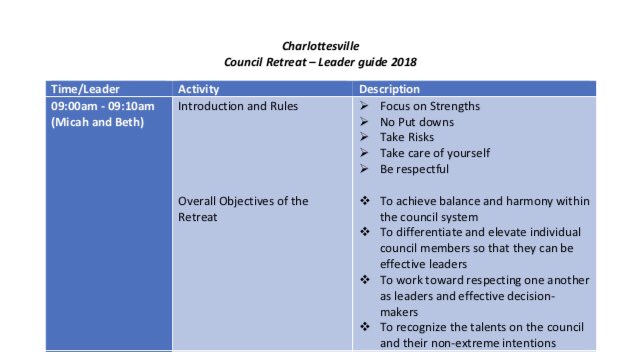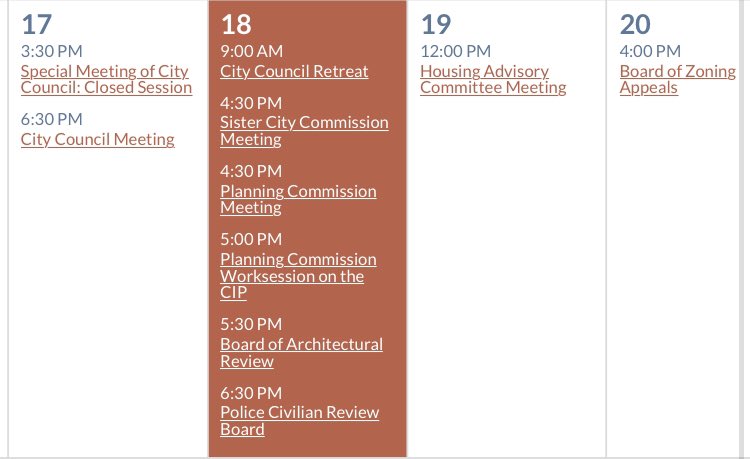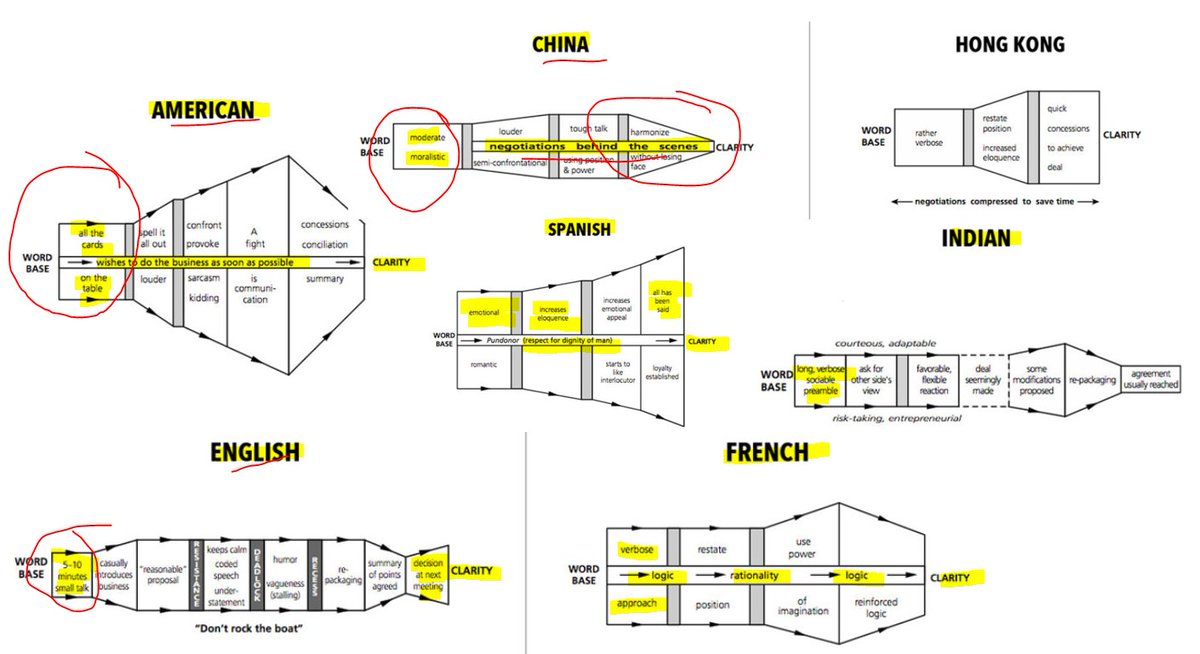Meetings moved to Thursday (Weaver, Brockett, Wallach)
10 p.m. hard stop for meetings (Yates, Wallach, Friend)
Different council members lead study sessions (Weaver, Young)
Remove fourth Tuesday study sessions (Nagle, Yates)
Per-month pay vs. per-meeting (Young)
Rename the muni building after Penfield Tate, the city’s first and only black mayor (Young)
Allow ppl from outside Boulder to serve on boards and commissions (Young)
Hold quarterly listening sessions with under-engaged part of the city (Swetlik)
Move public hearings to the beginning of meetings (Friend)
Other changes to public hearing: Allow video testimony or speakers to be seated, off-site, etc. (Friend)
Yeah, me neither.
So far: Brockett y Friend
Yates y Wallach
Swetlik y Nagle
Prob would have been better to pick someone you didn't know as well. But whatevs.
Yates: We all know CU South wasn't handled well. Do you see this issue somewhere else?
Young: And that's going to become a regular outreach event.
Friend: We were just on the campaign trail: We all found time for that engagement. Let's draw from that experience.
Yates: It shouldn't be anonymous. If you don't have the courage to put your name behind what you're saying, you probably shouldn't be saying it.
Will likely require first and last name.
We do occasionally offer translation services. Do we allow ppl to request translator in advance?
Yes! Available upon request.
Ange: That's why it's our suggestion to survey first. Maybe those people don't want to be at council chambers. We've heard the setup "can be very intimidating."
Also suggests accepting submitted video comment.
Friend pushing back a bit: I do understand, but making it available upon request is not equitable. It needs to be available.
First suggestion, from Young: allowing ppl with "close ties" to Boulder to serve (rather than living in Boulder). It would have to be OK'd by the voters first.
Friend: They do get RTD passes, right?
Yes, Ange says.
Would cost $27K/yr for all board/commish members to get rec passes
But she has qs.
Much laughter.
Friend: "I think it's a bit of an elephant in the room. So let's go ahead and talk about it."
Which makes me shake my head, laugh and cry a little about Nagle's comments on diversity being a bad idea bc the best person should get the job...
(Those were both Yates, btw.)
See, the job is not completely without benefits.
Enough so that the charter committee will explore that.
They get paid, like, $10K a year.
To be clear, this wouldn't raise the pay, just change it from per-meeting to per-month.
Wallach, too: "I couldn't agree more strongly."
I guess I'll have to track attendance now, too.
Nagle supports it for ppl who want to, but "I personally have no interest in doing it."
I guess it won't matter bc you'll still get paid under the per-month change.
Brockett: I was hoping for sooner than two years, but it wouldn't have to be immediate.
Yes, Brautigam says.
The soonest this change could happen is July 1, bc of staff schedules.
And what about interplay of Planning Board, etc., she asks. "We haven't looked into it" yet.
Rest of council agrees, except for Friend concerned about staff working extra hours.
Brautigam: It didn't work well.
We can do it, but "we need some grace from council" if we can't get stuff turned around by Tuesday night's meeting.
Brautigam: They can work. "I'm just asking you to commit that if we can't get something done quickly, there will not be negative consequences at a public meeting for that."
Carr: Yes and no. You are required to provide notice of items, so it would be hard to add an item to an agenda. We don't do that very often.
Girl, I know you're married but some of us out here are NOT and we are trying to have a life.
Her words said fine. Her tone said not fine.
Three public hearings is just asking for trouble.
Brockett seconds
Carr explaining why that is: For ppl who didn't have computer access, and those who just showed up to speak.
Joseph: Whichever would be easier to make it happen.
Carr: We'd want to look at it. I'd prefer if it were voluntary, bc it does involve campaign finance and you get into all sorts of Constitutional issues. I'd want to think about it some more.
Half back to the city, half to a nonprofit.
Asks that Friend bring up future memos as examples so he understands more where she's coming from.
The only recall efforts in Boulder history, Weaver says.
Sounds like an old bait-and-switch. Change up our pay and then we'll do less work!
Wallach: I do.
I'd like to propose that we ban the phrase devil's advocate.
Yates: We've been pretty good at that. It's happened a couple of times.
He is *always* there early.
Brockett: Agnostic
Joseph: Leave it
Young: Leave
Weaver: Leave
Swetlik: Leave
Friend: Leave
Yates: (I couldn't hear)
Wallach: Change
Nagle: Change
Also, direct election of mayor.
Changes to our electoral system, a time may come for that but its time is not here.
Carr: I think so. I'm more concerned about our current code under the First Amendment than banning signs.
Weaver: There's a state preemption on material bans.
Carr: For containers, I think. I'll check on that.
Weaver: You do that.
Sassy Sam, at it again!
90% of emergency ordinances we pass are passed bc of a deadline, he says.
Yes, Carr says.
References 5G as an example of something that definitely was NOT worth being added.
Much laughter, including from me.
That's been an issue in the past, Yates says. Carr reads the official rules.


